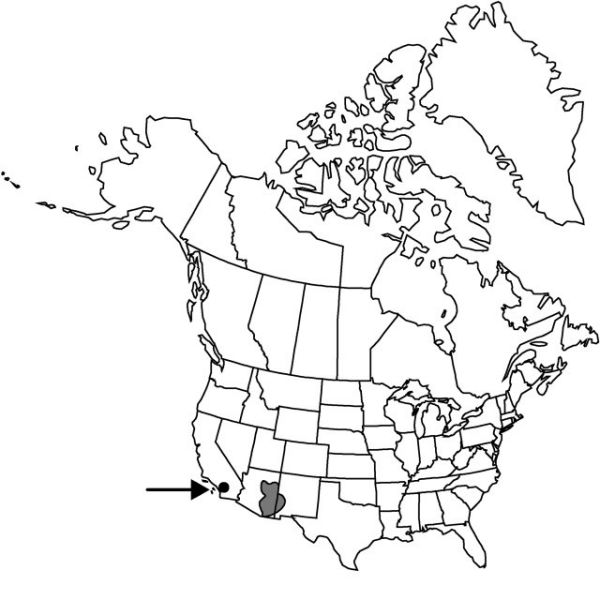Sisyrinchium longipes
J. Wash. Acad. Sci. 29: 474. 1939.
Herbs, perennial, cespitose, green to medium olive when dry, to 4.6 dm, not glaucous. Stems simple, 0.6–1.7(–2.3) mm wide, glabrous, margins entire, similar in color and texture to stem body. Leaf blades glabrous, bases not persistent in fibrous tufts. Inflorescences borne singly; spathes green, glabrous, keels entire; outer 12.5–36 mm, 0–16 mm longer than inner, tapering evenly towards apex, margins basally connate 3.5–9 mm; inner with keel evenly curved to straight, hyaline margins 0.4–0.6 mm wide, apex usually extending as 2 rounded, sometimes erose lobes, ending 0–1.5 mm proximal to green apex. Flowers: tepals yellow to orange, usually with brownish or occasionally purplish veins; outer tepals 7–11 mm, apex acute to rounded; filaments connate basally, glabrous; ovary similar in color to foliage. Capsules dark brown to black, slightly turbinate to ± globose, 4.5–9 mm; pedicel ascending to erect. Seeds ± hemispherical, with slight depression on flattened side, 1–1.7 mm, rugulose. 2n = 34.
Phenology: Flowering summer.
Habitat: Wet to moist meadows, stream banks, moist open areas in forests
Elevation: 2200–3200 m
Distribution

Ariz., Calif., N.Mex.
Discussion
Of conservation concern.
Plants of Sisyrinchium longipes that are disjunct in the San Bernadino Mountains, California, were previously identified as S. elmeri.
Selected References
None.